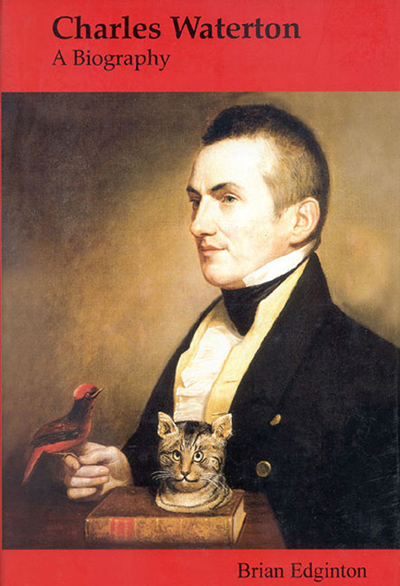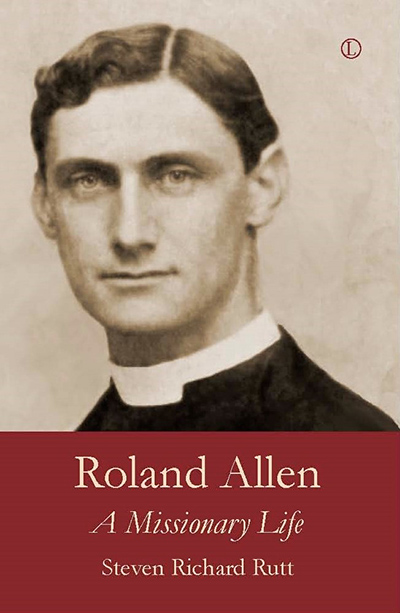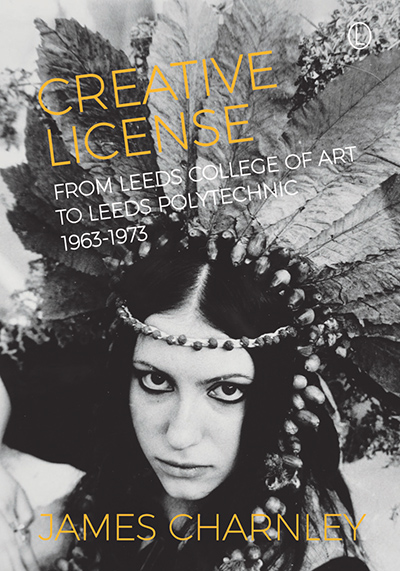Description
Charles Waterton (1782-1865) was a true English eccentric, ironically self-styled ‘the most commonplace of men’. He talked to insects, fought with snakes, rode an alligator and lived like a monk. He was made famous in his own lifetime by publication of his wide-ranging travels and natural history observations – always fun, often perceptive, and unfailingly individual. One of his more notable contributions to science was the introduction into Europe of curare, now an invaluable drug in surgical operations. He turned his family estate into an extensive nature reserve, long before such things were heard of, and threw open his gates to the local populace as long as they understood that birds and animals had security of tenure.
Waterton wrote three volumes of Essays on Natural History and the best-selling Wanderings in South America, which has never been out of print since the first publication in 1825. He was a fearsome satirist and pamphleteer, attacking prominent figures of his day both with his powerful pen and with his taxidermy skills. His simple charm made a mockery of all those enemies who tried to capitalise on his human failings.
Unlike previous biographies, this book is an unabashed celebration of his eccentricity, a fond salute to a fine old English gentleman. In the centenary year of the Canadian national park which is named after him, the life of Charles Waterton should encourage the preservation of what remains of his kind of world, and remind us of what the world has lost to insensitivity and greed.
About the Author
B.W. Edginton has, he asserts, been variously and sometimes ignominiously a grammar-school truant, zoo keeper, trapper, stage hand, animal technician, guide-book writer and bird-observatory warden. He proudly professes to having no qualifications, but meekly confesses to being a member of Mensa. He used to live in a lighthouse but has now graduated to a council house. Much of his adult life has been spent in trying to escape from the Black Country.
He first became interested in Charles Waterton in the late 1970s, whilst researching a short history of nature conservation and intellectual anti-nature, a very unpleasant exegesis of which he is now planning to write.
Contents
List of Illustrations
Acknowledgements
1. Bless the Squire … and his Relations
2. 1781-1801: Organ Blower and Football Maker
3. 1801-1804: Black Vomit
4. 1804-1812: Outlaws and In-Laws
5. 1812-1813: Scenes of no Ordinary Variety
6. 1813-1816: Empire Possessed: Tight Shoes, Tight Stays and Cravats
7. 1816-1817: In Quest of the Feathered Tribe
8. 1817-1820: Delicate Manipulations
9. 1820-1821: Presence of Mind and Vigorous Exertions
10. 1821-1824: Tin, Tax and Taxidermy
11. 1824-1825: Sex and the Single Squire
12. 1825-1829: Gathering Clouds: The Happiest Man Alive
13. 1829-1830: Severed Cord
14. 1830-1839: Foul Falls for the Devil
15. 1839-1841: Heterogeneous Ailment
16. 1841-1844: Faith, Hope and Charity
17. 1844-1850: Strangers in Paradise
18. 1850-1851: Hell and High water: Incomparable Friends and Shittering Fellows
19. 1851-1857: Unique Abnormalities
20. 1857-1865: Birds or Boudoirs
21. 1865-1995: Sic Transit Gloria Mundi
Notes and References, Part One: A White Man from Yorkshire
Notes and References, Part Two: The Fine Old English Gentleman
Bibliography






